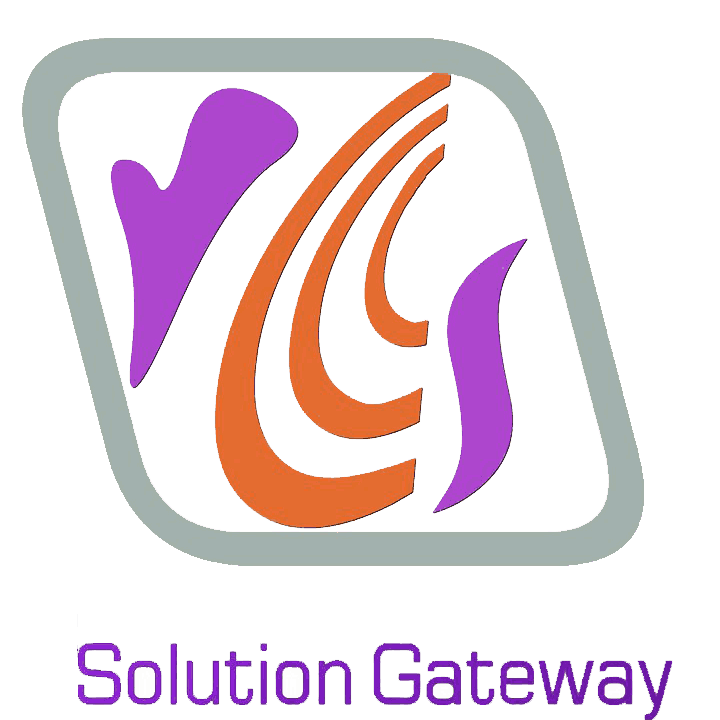Unveiling the Power of Desktop-Based Software: Features and Advantages
Software has become an essential part of our daily lives in the ever-changing world of technology. Software applications power our devices and allow us to perform a wide range of tasks, from smartphones to laptops. Desktop-based software stands out as a dependable and versatile option among the various types of software. In this blog post, we will define desktop-based software, examine its key features, and highlight the numerous benefits it provides to both users and businesses.
What is Desktop-Based Software?
Desktop-based software, also known as native software or standalone applications, refers to software programs that are installed and executed directly on a user’s personal computer or desktop device. Unlike web-based applications that operate within a web browser, desktop software runs locally on the user’s machine. These applications are typically installed through an installer package or obtained from an app store specific to the user’s operating system.
Desktop-based software is characterized by its ability to run independently of an internet connection, relying solely on the resources of the user’s device. While web apps have gained popularity for their accessibility and cross-platform compatibility, desktop software remains a valuable option, especially for tasks that require high performance, data security, and offline functionality.
Features of Desktop-Based Software:
- Performance: One of the standout features of desktop software is its performance. These applications are optimized to make the most of the user’s computer’s processing power and resources. As a result, desktop software typically runs faster and more efficiently than their web-based counterparts, making them ideal for resource-intensive tasks such as graphic design, video editing, and 3D modeling.
- Offline Access: Desktop-based software doesn’t rely on a constant internet connection to function. Users can access and use these applications even when they are offline, ensuring uninterrupted work and productivity. This feature is particularly advantageous in areas with unreliable internet connectivity or when working in remote locations.
- Security: Individuals and businesses alike are concerned about data security. Desktop software offers a higher level of security by storing and processing data locally on the user’s device. This reduces the exposure to online security threats and potential data breaches associated with cloud-based solutions.
- Customization: Desktop applications can be tailored to suit the specific preferences and needs of individual users or organizations. This level of customization allows users to create a personalized computing environment, optimizing their workflow and efficiency.
- Integration: Desktop software often integrates seamlessly with other local software and hardware devices. This integration enhances the application’s functionality, enabling users to work more efficiently and accomplish tasks that may not be possible with web-based alternatives.
- User Interface (UI): Desktop software typically features rich and responsive user interfaces that are designed to align with the user’s operating system. This results in a familiar and intuitive user experience, reducing the learning curve for new users.
Benefits of Desktop-Based Software:
- Speed and Efficiency: As mentioned earlier, the performance of desktop software is unmatched. This speed and efficiency make it the preferred choice for tasks that demand significant computational power, such as gaming, 3D modeling, and scientific simulations.
- Privacy and Data Control: With data stored locally on the user’s device, desktop software provides a higher level of privacy and control over sensitive information. Users have peace of mind knowing that their data is less susceptible to unauthorized access or data breaches.
- Offline Access: Desktop applications ensure that users can continue working seamlessly, even in environments with limited or no internet connectivity. This is particularly valuable for professionals who need to work while traveling or in remote areas.
- Tailored Solutions: Businesses can develop custom desktop software solutions to meet their unique needs. This customization allows organizations to optimize workflows, enhance productivity, and achieve specific goals efficiently.
- Reliability: Desktop-based software relies less on external servers or cloud infrastructure, reducing the risk of downtime due to server issues or service outages. Users can trust that their software will be available when they need it.
- Security: In today’s digital age, data security is a top priority. Desktop software minimizes the attack surface for cyber threats because data is stored locally. This makes it more challenging for malicious actors to exploit vulnerabilities and gain unauthorized access.
- Versatility: Desktop-based software spans a wide range of applications, from creative tools like Adobe Photoshop to office suites like Microsoft Office. This versatility ensures that users have access to a diverse set of solutions for various tasks and requirements.
In conclusion,
desktop-based software continues to hold a significant place in the software landscape. Its exceptional performance, robust security, and offline capabilities make it a preferred choice for users and businesses alike. While web and cloud-based applications offer their own set of advantages, desktop software complements these options by providing users with speed, control, and reliability in their digital experiences.
As technology continues to evolve, desktop-based software will likely coexist alongside web-based solutions, offering users a versatile and comprehensive array of software options. Whether you’re a professional looking for a high-performance application or an organization seeking a customized solution, desktop software remains a reliable and powerful choice for all your computing needs.

